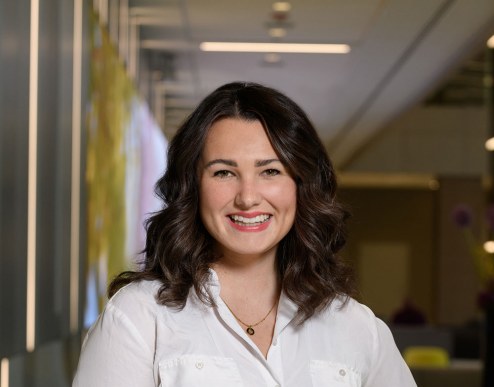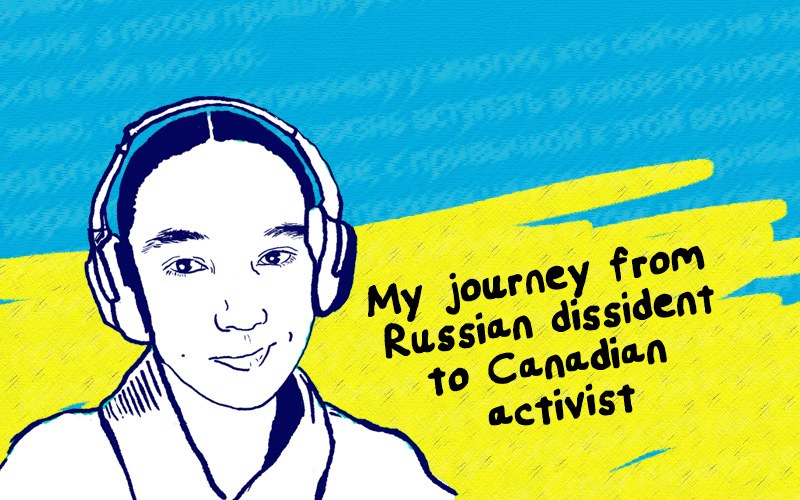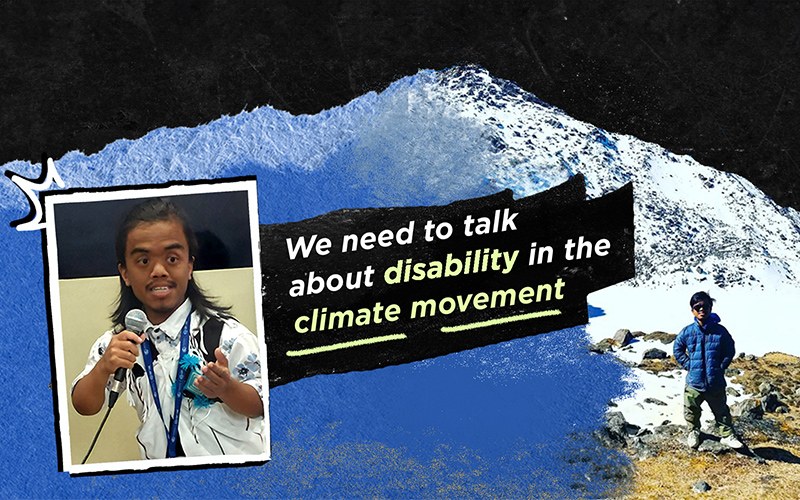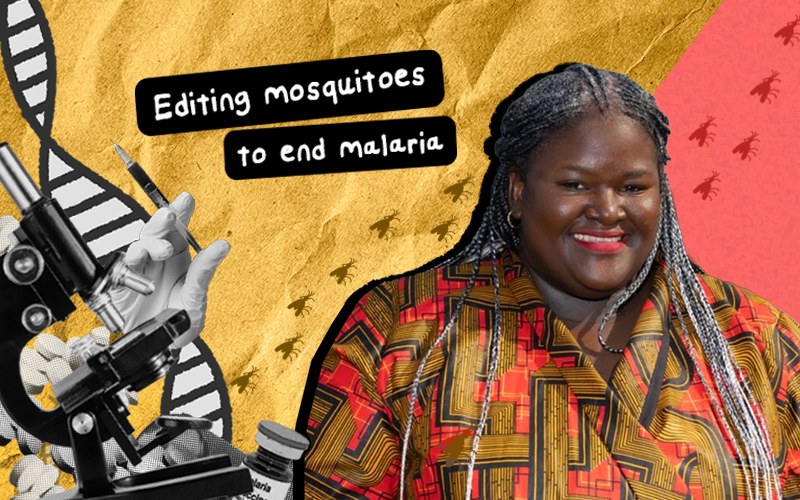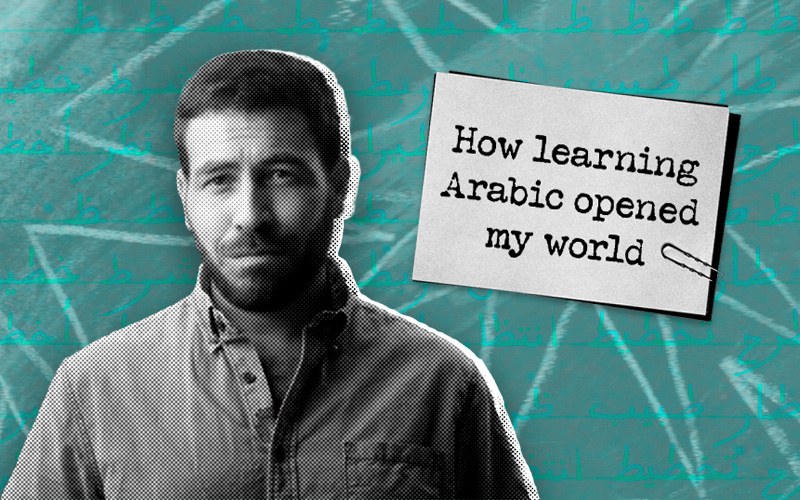What to do when you don't know what to say — about Gaza, the Israel-Hamas War, or anything else
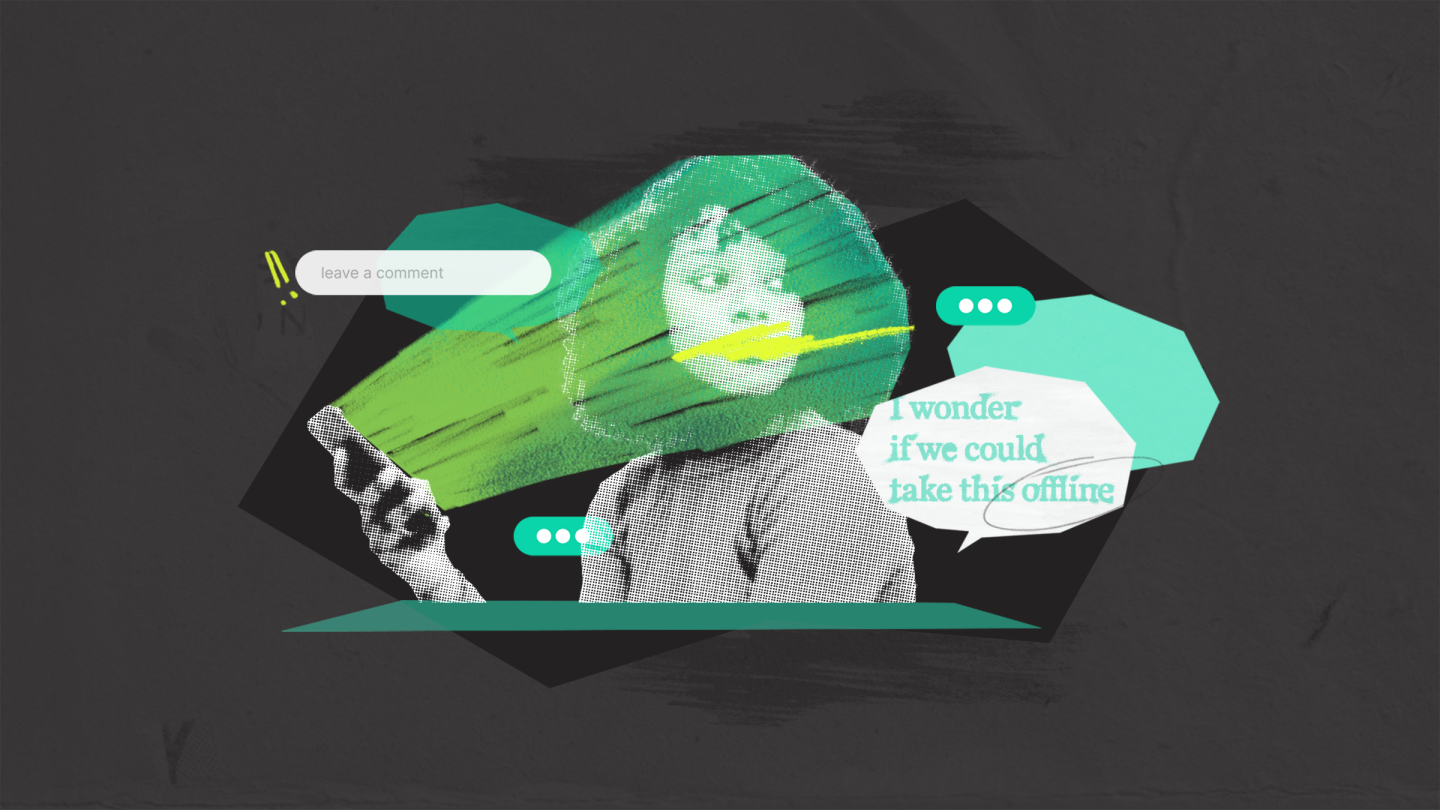
By
Since the recent war broke out in Israel and the Palestinian territories, students, universities, politicians, and companies have taken to social media to condemn the violence and express concern for those killed and injured.
Some have received pushback for what they have said. Others have received pushback for what they have left unsaid. Many more have sat in a mix of grief, rage, and confusion asking, “What do I say at a time like this?”
It is understandable to want to engage in what is going on in the world. In recent years, social media has become the primary vessel to do so. But pausing can be just as important as publishing.
“I think it's completely unrealistic to think that we ought or even could be adequately informed about everything,” Mónica Guzmán, author of “I Never Thought of It That Way: How to Have Fearlessly Curious Conversations in Dangerously Divided Times” told Blue Marble. “It is very good, as an internal sort of self-awareness, to recognize when we have more questions about an issue than we have answers.”
Guzmán isn’t saying that we should log off, or even take a position of silence. Rather, she says that social media should be a starting point for engaging in global issues. She offers up the idea of ‘containment’— a more intentional “Can we take this offline?” — as a step toward more productive conversations.
She spoke with Blue Marble’s Christina Colón about the pressure to belong, the limitations of social media platforms, and how we can have more mindful conversations.
This interview has been edited for length and clarity.
Mónica Guzmán: What we have to say becomes one of the most important things about who we are. A lot of folks have put into their Twitter [now X] profiles, or wherever they are, statements about what they believe and what they don't believe. And I think it feels like that's what we need to do in order to be anything in these spaces. It's closely tied to having a sense of identity, which at its core is about finding a sense of belonging.

Who are your people and who are not your people is a question that you're constantly negotiating when you're on social media. And the way to do that is to put your statement, put your stuff out there, and then maybe respond or judge everyone else's.
Christina Colón: This gets at the question of, ‘What do we do when we want to say something and we want to let people know who we are, but we don't feel informed enough about an issue to put something out there?’ How do we approach those moments?
I think what it takes to gain that perspective and confidence that you don't have to have a statement or an opinion on everything, and you don't have to feel like something is wrong with you if you are not informed enough on every single thing, is to spend some time off those platforms where you can reconnect to the moment, your setting, the people who are around you, and you feel the primacy of that presence.
You live in your own head. And in your own head, you're constantly being queried. You're constantly being put on the stand. What do you believe? Where do you stand? What do you do now? I think that it is very good as an internal sort of self-awareness to recognize when we have more questions about an issue than we have answers.
I would say that a lot of us miss recognizing that we feel the pressure to just belong. And so we feel the pressure to just say, to just repost, to just agree or disagree reactively, rather than say, ‘Well, I don't know a lot about this. What do I need to unlearn? Where can I go to ask some questions?’
But the other challenge is that even if you do that, it's not just about information. It's about concern, worry, hope, emotion. And we all have this radar, these gut senses, that we either like or don't like [something]. We cringe or we lean into issues. And you don't need to be informed for that reaction to come up. And sometimes that reaction is enough. And that's when we get rage, we get fear, we get all these things. So it also takes some mindfulness: 'I have this feeling, I have this revulsion to this. Let me get curious about where that comes from.'
That's a way of being informed as well.
And how do we approach those conversations when they are emotional — and for very good reasons. How do we know how to get in those spaces and have meaningful conversations? How do we know how to open those doors and not create more divisiveness or hostility in those moments?
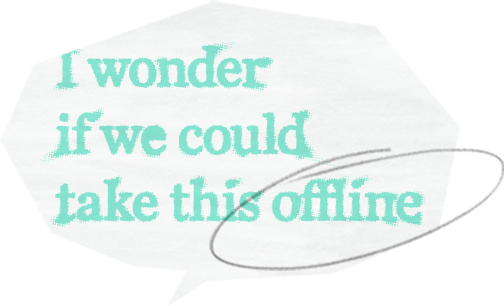
The first thing is to check the context. So if you're coming into an Instagram or a TikTok comment thread, keep several things in mind. One is, if you comment, if you say something into this, it's public. Whatever you're saying and whatever people are saying back has this mass audience of indeterminate size – a sort of panopticon. And if your concern is belonging and coming off smart or morally right, then in those kinds of exposed spaces – especially where people cannot witness the listening of others – then what we do is we perform our perspectives instead of explore our perspectives. It's a theater.
Now, if what you want is to approach it productively, that can mean many things. But if part of your definition is, ‘I want to explore, along with somebody else, the questions that I have and sort of test my views against theirs and see what we can learn,’ an open, exposed space is not a great place to do that.
What I would do is encourage you to increase what I call ‘containment.’ The containment of a conversation is the degree to which it is contained to the people actually participating in it. If you're going back and forth with someone on one thread, but it's part of a larger conversation, which is part of this other post, it's so uncontained you don't know who is listening. That other person is not going to be candid and neither are you. So how useful is that really? Turn up the containment. Reach out to that person and say, ‘Hey, can we get on the phone? Can we go to a DM?’
And then the other that I'll mention is the context on social media is often asynchronous, which is a beautiful, incredible thing. It scales our conversation, our ability to have lots of conversations. But you don't have to answer right now. What will that do? Well, if we're having a stressful conversation, I'll be stressed out about what you're gonna say for an hour while I wait. I'm not there in presence with you to witness how you might struggle with what you'll say. And so we just stretch out this anxiety. And is it worth it? Is that really what we want to do?
Just because it starts on social media doesn't mean it has to stay on social media. And it probably shouldn't. Take it offline. Take it somewhere where the full toolbox of human communication can serve you.
How do you signal to someone on social media that you are coming from a place of curiosity and exploration? That you want to take this offline?
You can only use the tools at your disposal. [On] social media platforms, the number one thing is text. Take everything that your smile would have done for you and put it into text. You end up having to write a lot more words: ‘I know this is a really tough one. I think what I hear you saying is … I don't mean to press you if you don't want to answer this right now, but I am curious about what you have to say on this issue … I wonder if we could take this offline.’
A lot of folks, without meaning to, end up coming off kind of curt or short on social media because they're speaking as if they were on platforms where more of their gestures and their tone and their laughter and everything was doing work for them. But when all that is stripped away, you have to interpret all of that into words and put that in. And it can be awkward. But it’s not impossible.
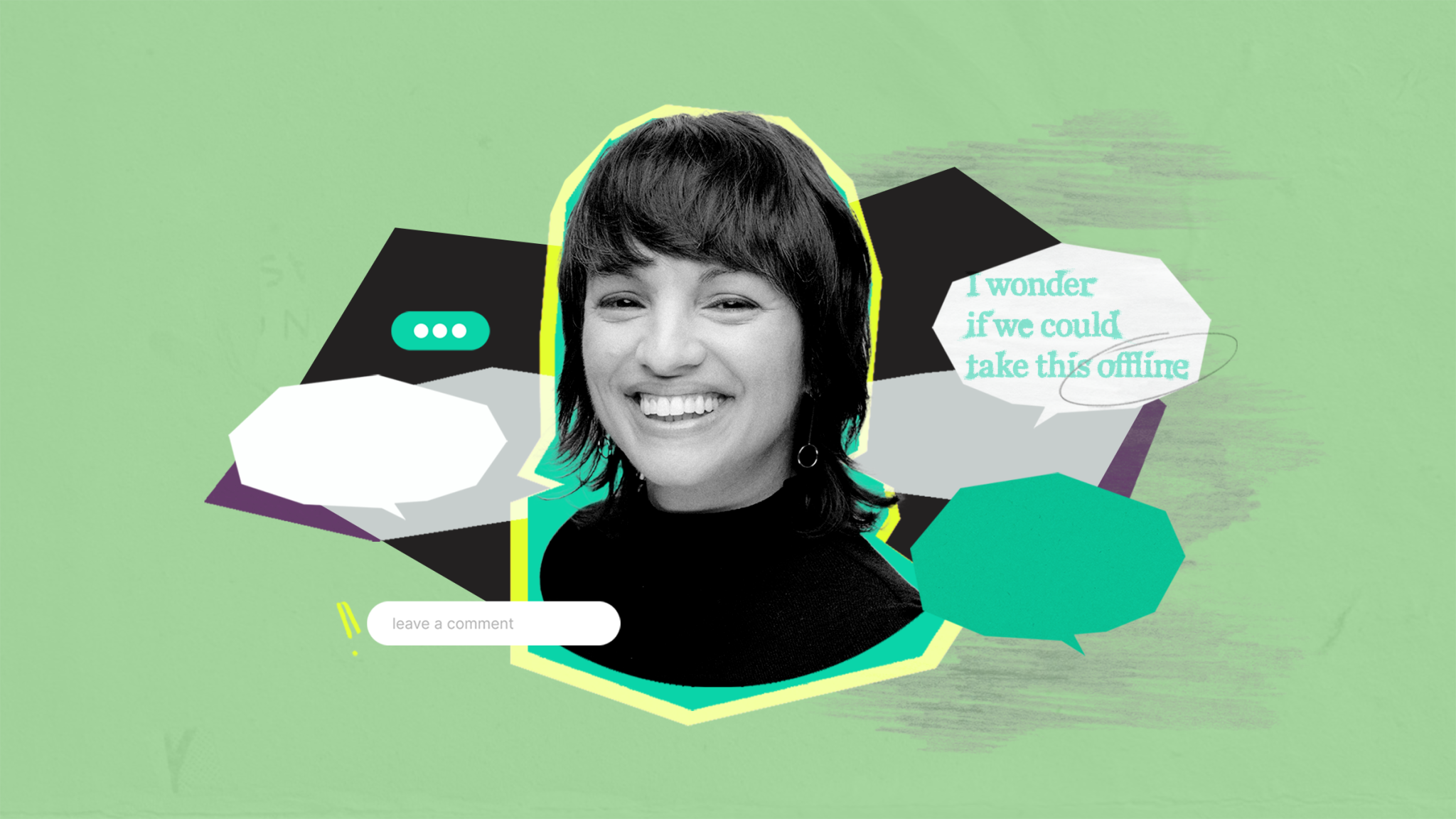
Mónica Guzmán is the senior fellow at Braver Angels, the nation's largest grassroots cross-partisan nonprofit dedicated to political depolarization and the author of “I Never Thought of It That Way: How to Have Fearlessly Curious Conversations in Dangerously Divided Times.” She is also the host of “A Braver Way,” a podcast that seeks to equip people with the tools they need to bridge the political divide in their everyday lives.


